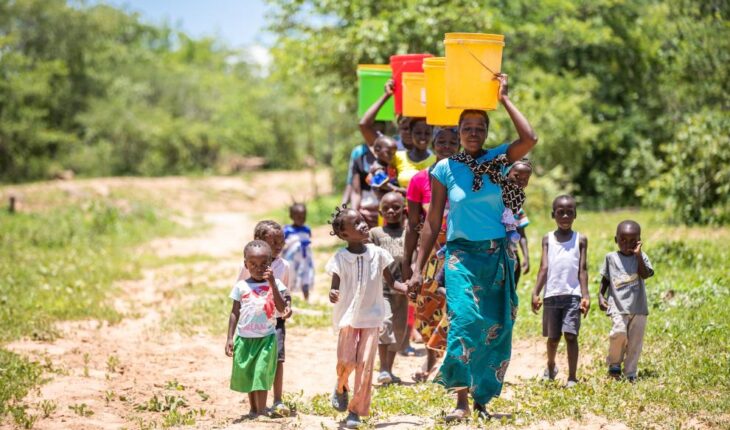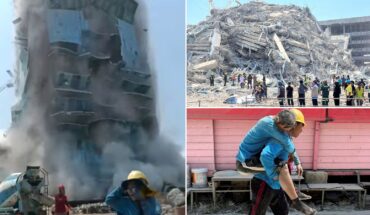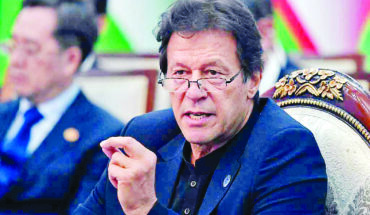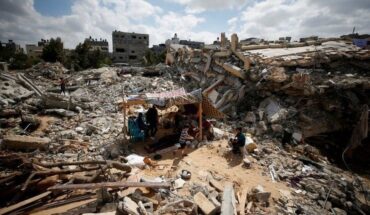Responding to the authoritative guidance issued by the UN Committee on the Rights of the Child, which has concluded that countries must urgently implement measures to address the damage and threat to children’s rights from climate change and environmental degradation, Ann Harrison, Amnesty International’s Climate Advisor, said:
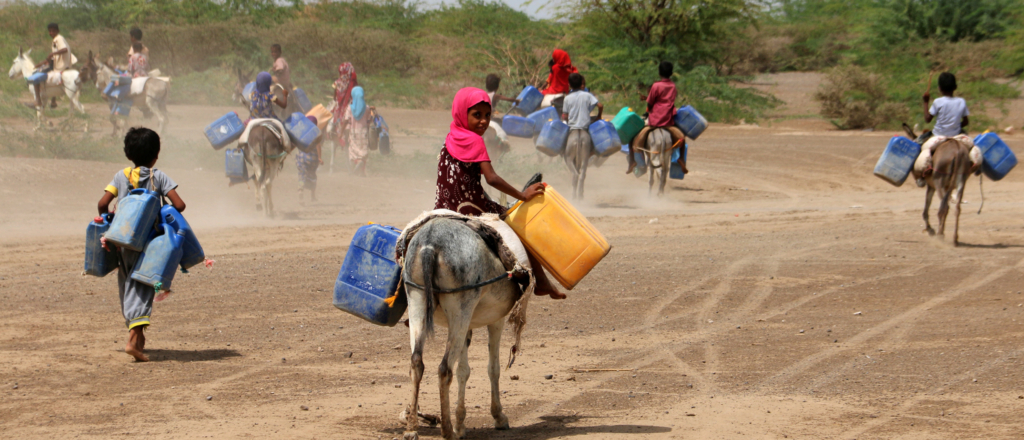
“Children are among those most vulnerable to the impacts of climate change and environmental damage worldwide, yet they are the least responsible for this global crisis, which is now threatening their rights.
“The UN Committee’s new guidance underscores that children have the right to a clean, healthy and sustainable environment, as well as a right to life, survival and development, the highest attainable standard of health, an adequate standard of living, and education.
“This is a legally significant guidance that lays out the obligation for countries to act under the Convention on the Rights of the Child to ensure the rights of children, including Indigenous children, are protected from environmental degradation and climate change, and that they receive remedies for harms already caused.
“It also reinforces the requirement on states to take all necessary measures to protect children’s rights from the harms caused by the emissions or other activities of businesses.
“Children often struggle to make their voices heard. Their participation in the UN Committee’s guidance underscores the importance of children’s activism to protect the environment and the obligation for states to respect and protect children’s rights to freedom of expression, association and peaceful assembly.
“Amnesty International agrees with the UN Committee’s conclusion that there is an urgent and collective need for higher-income countries, which have historically been the largest emitters of greenhouse gases, to meet climate finance commitments to avoid further negative impacts on children’s rights in lower income states and elsewhere.”
This authoritative guidance from the Committee on the Rights of the Child comes after two rounds of consultation with states, national human rights institutions, international organizations, civil society, including Amnesty International, thematic experts and children.
The Committee received 16,331 contributions from children in 121 countries. They detailed the negative effects of environmental degradation and climate change on their lives and communities and asserted their right to live in a clean, healthy and sustainable environment. The Committee’s general comment will be presented at a public launch on 18 September in Geneva.


